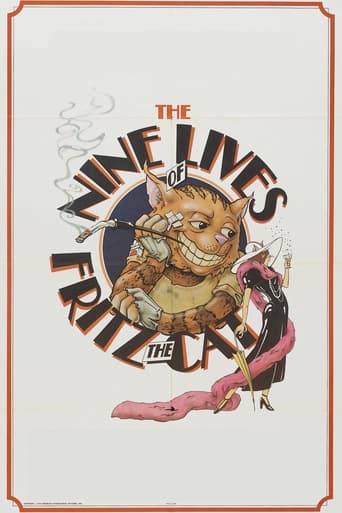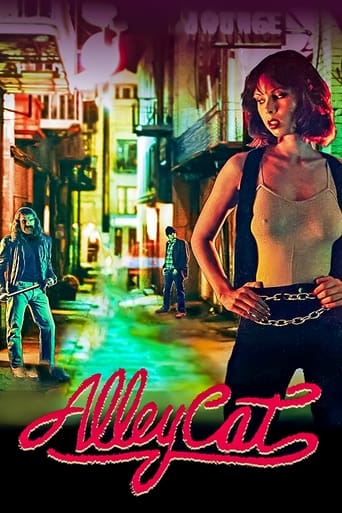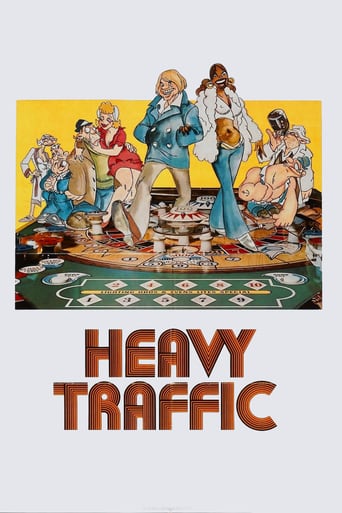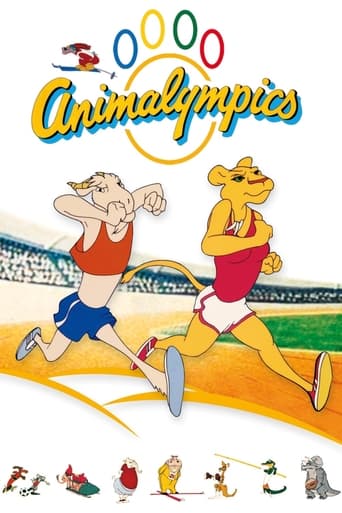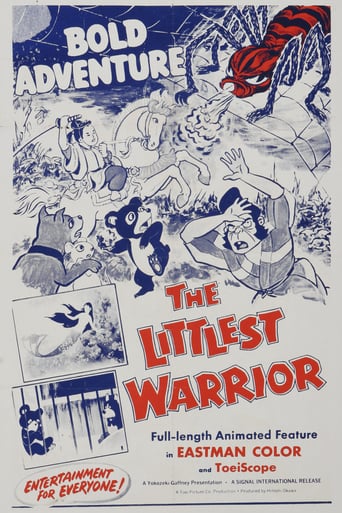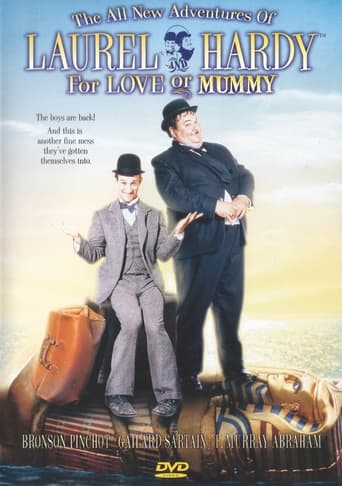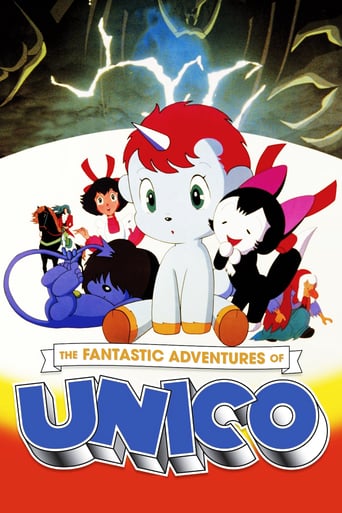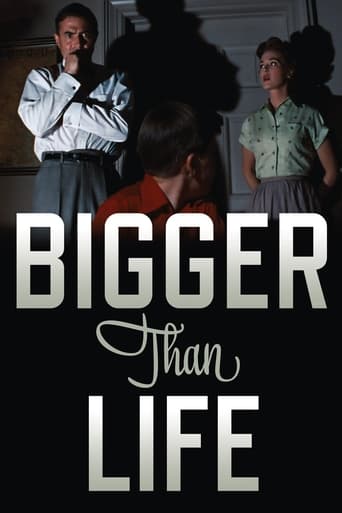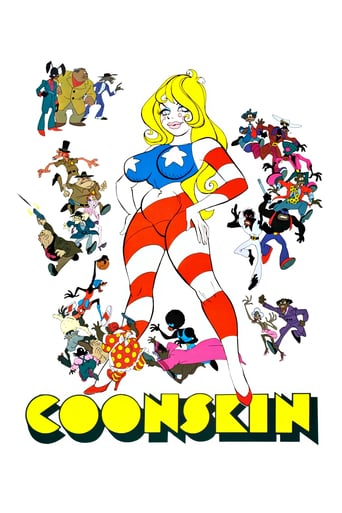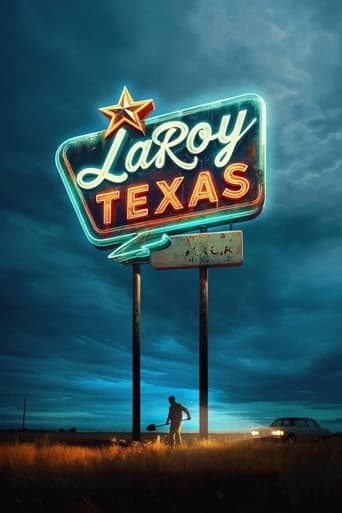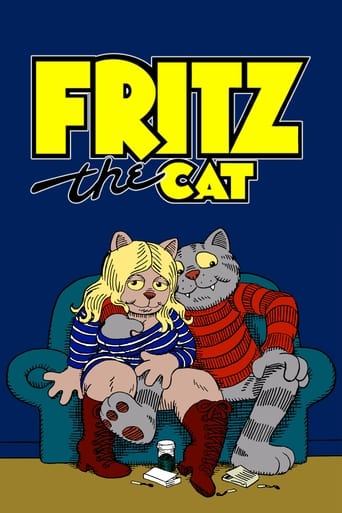


Fritz the Cat
A swinging, hypocritical college student cat raises hell in a satirical vision of the 1960s.
-
- Cast:
- Rosetta LeNoire , John McCurry , Judy Engles , Ralph Bakshi


Similar titles
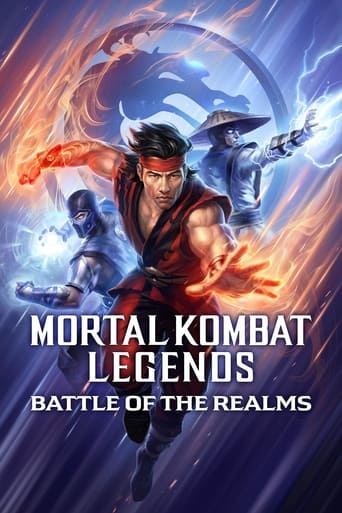
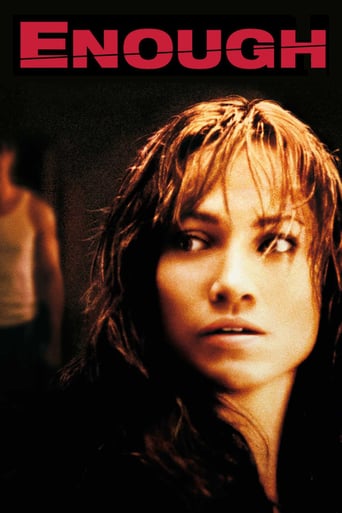
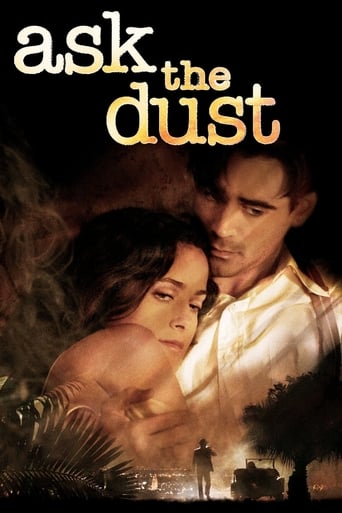
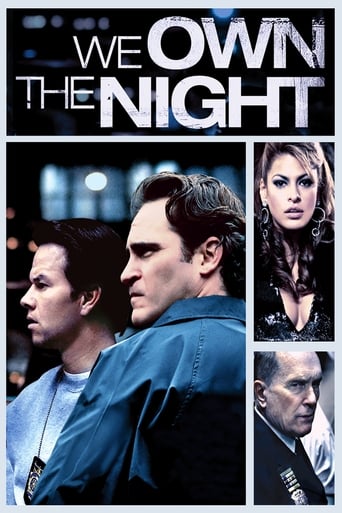
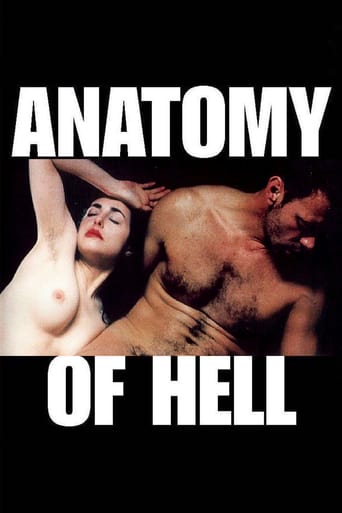
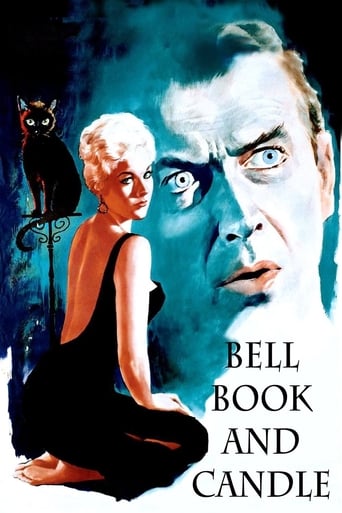
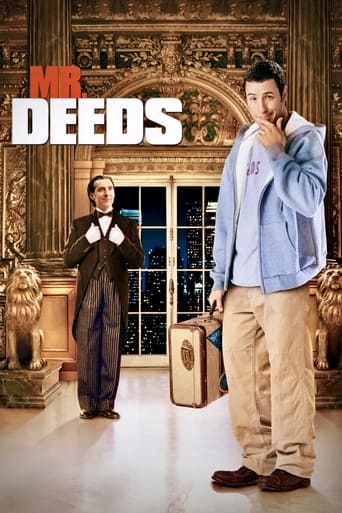
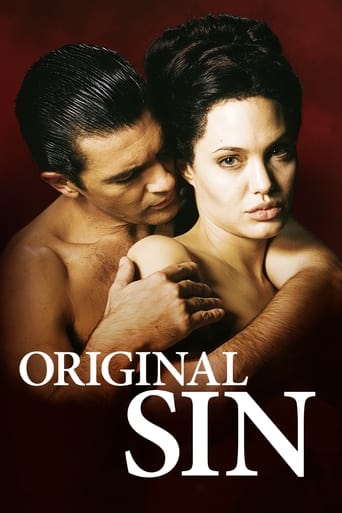
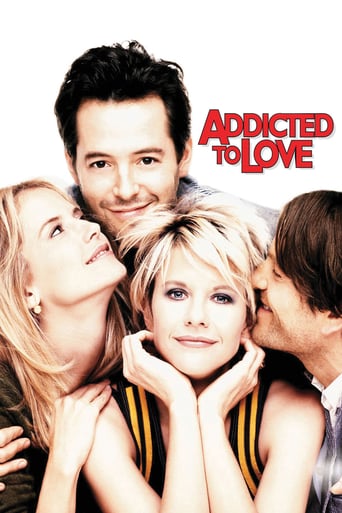
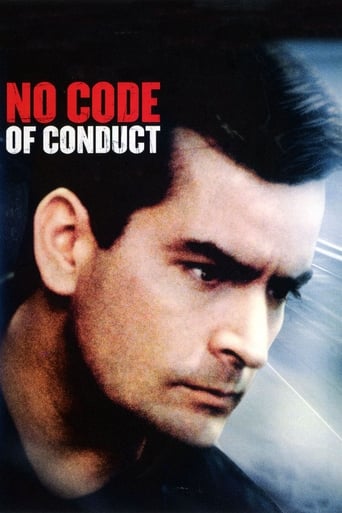
Reviews
Very best movie i ever watch
Terrible acting, screenplay and direction.
I cannot think of one single thing that I would change about this film. The acting is incomparable, the directing deft, and the writing poignantly brilliant.
There's no way I can possibly love it entirely but I just think its ridiculously bad, but enjoyable at the same time.
I swear, some of the scenes would really laugh your a*se off. They can just be so stupid yet hilarious at the same time. I wouldn't even consider getting children to watch it, there's so much violence and sex. Even there's upsetting scenes where the crows get killed by the police pigs. It does reflect on today's news where you are a white cop killing an ordinary black person wrongly in America. I didn't like how they made fun of the Jewish people in this because it just didn't make it funny. Like what's the point? Jewish people are humans too like why do movies like this poke fun at religion? It's just not right even if this was a 1970's movie. It might be a good idea if there was less poking fun at religion, race and also women as if they were sex toys. I was surprised to hear that this is one of the "greatest movie" out there. I honestly didn't find it great but i have to say, it does get the message across. Lets just say, I'm not gonna bother with watching the sequel. I think watching this one was enough...
Regardless of your judgment as to whether or not Fritz the Cat is an animated film that "goes too far," there's something about it that is more destructive than some of the raunchiest animated entertainment coming out today. For starters, the filmmaker Ralph Bakshi's anger permeates the film. You can call it a righteous anger, as I'm sure he felt it was. But it's anger like this that only helps destroy society, like what we've been witnessing in America recently. Imagine if Bakshi's cop-shooting-innocent-black-man scene was shown in mainstream theaters today. Violence (which he seems to think is cool in the black community) would be evermore justified by groups such as Black Lives Matter, who are fueled by this false narrative!Furthermore, I'm sure that because of Bakshi's frustrations working on cookie cutter animated programming back in the day, he wanted to come all out with in-your-face cursing, violence and sex... even if it involved cartoon animals (created by self-critical cartoonist Robert Crumb). Apparently the film is meant to be political, in the sense that obscene art = good art, just by virtue of subverting tradition. Not so in my book. It's one thing to be angry at America for its legitimate problems, but if you're not going to offer any solutions besides wallowing in indulgences, why should any sensible person listen to you?This film had wasted potential, but at least Crumb's thoughtful-if-not-naive dialogue shone through. And at least Bakshi was honest in his ambitions to make adult animation, as well as to ironically point out the self-righteousness of SJWs in the film's best scene.
Cult-cartoonist Robert Crumb was a pioneer of the counterculture movement, with Fritz the Cat as the mascot (among many) of his psychedelic period. And Ralph Bakchi was an animator who thought that adults could do better than drawing cute creatures behind cubicles.The combination of both talents lead to the first X-rated animated feature, also the most successful independent animated feature to date. Bakchi contested the rating saying that pornography was supposed to involve humans; actually, I think the rating was right when you consider the same was given to "Midnight Cowboy".The problem is that the film isn't pornographic in the way we all picture pornography (at least now that Internet exists), the American Rating System just didn't have an intermediary category that could allow non-graphic films to target a wider audience. How do you make the difference? A porn film is only meant to arouse you, there's no other point, it has no story and works on the lowest emotional level.The same can't be said about "Fritz the Cat" whose sexual scenes are handled with a lot of humor and almost innocent fun by today's standards, sex is always funny, never arousing (they're animals for God's sake!) and the real defining aspect of the story is its raw, commentary on American society in the late 60's. And talk of a promising start! Three construction workers (average Joes) discuss during their break, seated on a girder. They complain about the collapse of American ideals: no family, no moral, no religion, it's not much what they say, but the way they say it that feels real and authentic. Just before shining the spotlight on the outcasts, the makers give the silent majority a shot.And does Ralph Bakchi stand for, exactly? Well, you almost get an answer when one of the worker pees and the yellow liquid form the opening credits before landing on a hippie's hair. In a way, it's kind of reassuring. We know the American Dream failed but the best movies of the New Hollywood period showed that the alternatives were no better.And these movies generally followed the same pattern: a misfit character trying to fit within a urban society full of contradictions and disillusions, where the American Dream shown its limitations after the racial riots, the Vietnam War and/or Richard Nixon, like "Easy Rider", "Midnight Cowboy", "The Last Detail", "Scarecrow" or "Taxi Driver".And with the opening discussion, the tone is set and we expect a film that will raise relevant social questions just like the others. And boy, did I set my expectations high, I must admit it, I'm a sucker for New Hollywood movies and the concept of "Fritz the Cat" had everything to please me, but while the film delivers a sharp critic of society, all made of conflicted interracial relationships or authority issues (the police officers are portrayed as pigs), as far as storytelling goes, this is another story.And this is a pity because the first part was so full of premises. Indeed, Fritz, a misfit student attracts three pretty suburban 'white' girls to a sordid apartment, just by pretending to be in a sort of existential quest, and this leads to a memorable orgy in a bathtub. This was a brilliant way to denounce the intellectual bullshit (mostly a bourgeois thing) where sex was the end of the fight for freedom, not the means. This is the line that separates between rebellion and decadence.It's also a denunciation in the same vein than the "South Park" episode when Stone and Parker settle their differences with hippies, portraying them as lazy parasites who betrayed their ideals and only thought of smoking pot and getting high while collecting acid trips, even Crumb admitted that he never got into that hippie movement.A similar scene occurs halfway through the film when Fritz, after having left the University, in quest of a 'real meaning', visits a black neighborhood. I don't know if it's a nod to "Dumbo" but blacks are portrayed as crows, is it shocking? No more, no less than having a Jewish cop being a pig every group is equally assaulted in the film.Fritz starts a riot in Harlem, but then it goes out of control and the area is bombed with napalm and while he's leaving, he shouts a hypocritical "we shall overcome". Here again, violence is supposed to be the mean, but it becomes the end. Sex and violence are the two poles around which Fritz journey gravitates, the problem is that the film doesn't find its way and gets too episodic to let us digest the well-meant points it makes.A shame because the drawing (rather than the animation) was top notch, it encapsulates the spirit of the late 60's and never had the Big Apple felt so realistically rotten. There were many great characters, especially Duke, the crow, who could have made a great pair with Fritz, instead of the nagging feminist girlfriend who pops up in the third act, out of nowhere. Was Bakchi carried away by this project or in a rush to finish it? I don't know, but the last twenty minutes were too dark, even by the film's standards.It's even more frustrating because the first half is really enjoyable, but then I found myself waiting for something to happen and well, quoting one of the students, I wasn't "there" anymore.Of course, I could just love the film on the simple basis of its revolutionary aspect, that it broke new grounds in animation, was a gritty slice of American life in its most tormented era, but then I'd feel like the three students who were complimenting the black crow for nothing else but the fact that he was black.I didn't dislike the film, but I guess I'd be more fascinated by a film about its making, something worth a tag-line à la "Lolita".
What a weird hairball of a movie! Animator/ director Ralph Bakshi vomits this film based on the character from Robert Crumb comic strip call Fritz the Cat. Skip Hinnant voice Fritz the Cat, an anthropomorphic cat in 1960s New York City. The film loosing follows a satire plot about hedonism, sociopolitical consciousness, revolution, race relations, the free love movement, and left- and right-wing politics. By the word loosing, the plot is little or none, characters come and disappears, there is a ton of music filler scenes that lead nowhere, and no sense of morality change. It has a lot of crude dry humor that purrs its way throughout the film. There is a lot of sex, drug, and violence in most of the film. The violence in the film can be disgusting and downright wrong at times, most likely in shock value scenes dealing with street gang, violent against women, and rape. The sex unleashed one of the influenced to the furry fandom through sexualized anthropomorphic animals. A lot of nudity—for a cartoon movie, that gather a cult following. The use of drug use is kinda disturbing too, as Fritz is too stone to care about others—mostly in what happen to Duke (Fritz's friend) mid movie. Fritz the Cat is mostly on the run from the law, and this is where the movie gets most of its meat and cheese. Bug out. Bug out. The semi-characters are interesting. Duke is a lot of fun when he's on screen. Winston plays Fritz on and off girlfriend whom personality changes from the start of the movie till mid-thru without giving us reasons why. Blue the Rabbit is a heroin junkie biker who literally steals the scene and nearly the movie from him bringing the film to its darkest point as Fritz is forced to become more and more anarchism in the film. The animation in the film really does follows very close to Robert Crumb's semi-controversy artwork of the comic strip. Robert Crumb did not enjoy the film, hated this movie so much, he killed off the character Fritz in his comics. The voice over of the animals by both actors/non actors follow by sounds of city life, sound like real people in the street talking because it's technically recorded in the streets and bars. Still sometimes, the animation on film doesn't follow the word, or body language or scene. In the end the film became the first animated film to be given an X-rating due its harsh subject matter. It's not really that good, as Fritz doesn't change one bit, and it's really doesn't lead you anywhere, but feeling you went on an acid-trip watching 1960's cartoons. It's just that—a shock value satire animation film.

